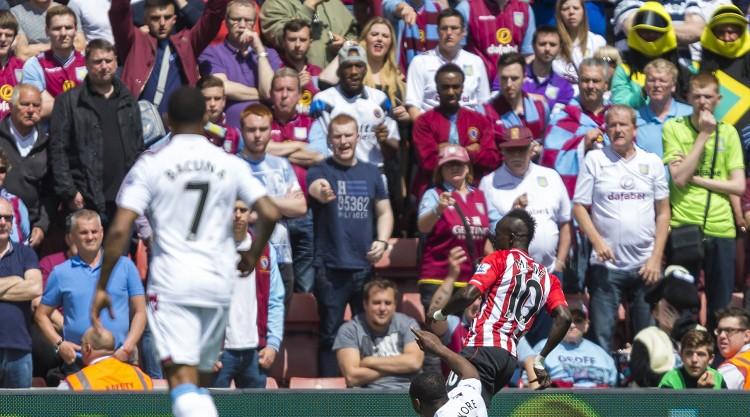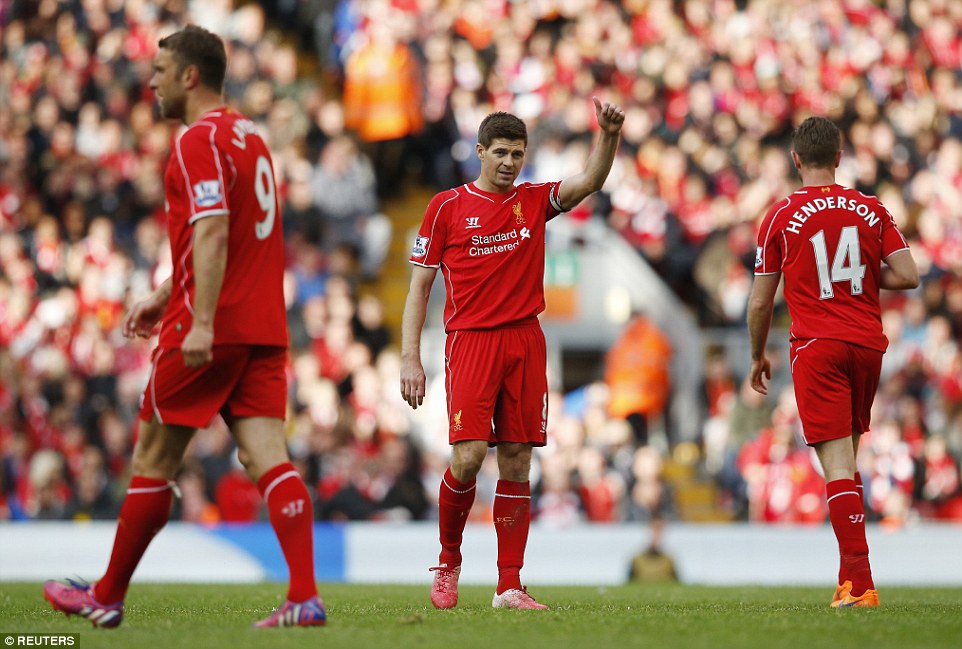Hull City have suspended midfielder, Jake Livermore, following a Football Association investigation, amid reports he tested positive for cocaine.
Livermore, who has one England cap, failed a random doping test after the club’s 2-0 win over Crystal Palace at the end of April.
The 25-year-old signed for the club from Tottenham Hotspur in the summer in an £8 million deal, and has made 39 appearances in all competitions this season for the Tigers.
Hull had to tow the same line with the FA on the player.
Advertisement
“Following suspension by the FA the Club has subsequently suspended Jake Livermore pending further investigations to be made by the FA and our own internal disciplinary procedures. The Club is unable to make any further comment during this process,” a Hull statement read.
Hull are 18th in the Barclays Premier League – two points behind Newcastle and Sunderland and three points adrift of 15th-placed Leicester City.
They travel to Tottenham on Saturday before ending the season with a home game against Manchester United on Sunday, May 24.
Advertisement
From Toure to Ferdinand, meet the players who were banned for drug related issues.
Kolo Toure
Ivorian defender Toure was banned for six months in 2011 for testing positive for a specified substance after taking his wife’s water tablets. The FA ruled that he had taken them without realising they were banned.
Mark Bosnich
Advertisement
The Australian goalkeeper was banned for nine months after testing positive for cocaine while at Chelsea in 2002. At the time, it was the longest suspension handed out in England and he was subsequently sacked after playing just seven Premier League games for the club.
Adrian Mutu
Chelsea were forced to act again in 2004 when Romania striker Adrian Mutu tested positive for cocaine. He was banned for seven months, sacked and later ordered to pay £14.5m compensation. He later rebuilt his career in Italy.
Abel Xavier
Advertisement
Middlesbrough and Portugal defender Abel Xavier was banned for 18 months in 2005 after testing positive for Dianabol, an anabolic steroid, after a UEFA Cup match against Greek side Skoda Xanthi. His initial appeal against the ban was unsuccessful, but it was eventually shortened to one year.
Paddy Kenny
Advertisement
The QPR goalkeeper tested positive for ephedrine and was suspended for nine months while at Sheffield United in September 2009. The FA accepted he had not attempted to ‘enhance sporting performance’ when taking an over-the-counter medicine without consulting United’s medical team.
Rio Ferdinand
Advertisement
While at Manchester United, the defender failed to attend a drugs test at the team’s Carrington training ground and was banned for eight months in 2004. Ferdinand passed another test the following day, but the ban was upheld for ‘failure or refusal’ to attend.
Sourced from mailonline.com
Advertisement
Add a comment






